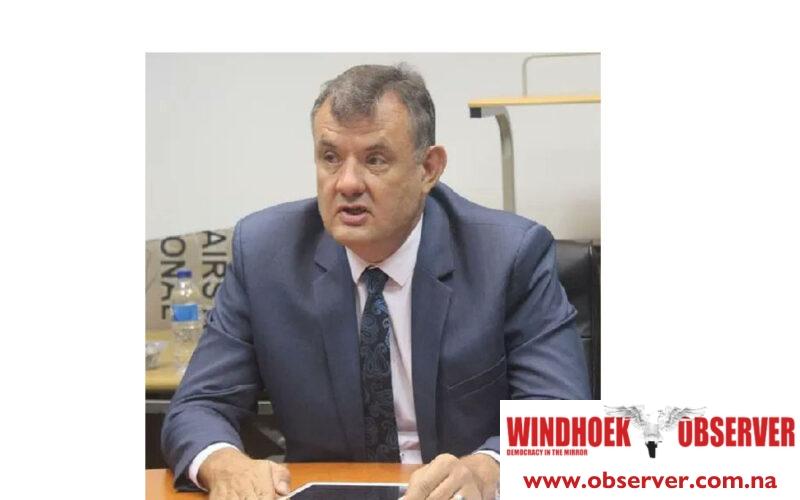Niël Terblanché
The Ministry of Home Affairs, Immigration, Safety and Security has acknowledged challenges with the national document registration programme.
On Friday, the human rights organisation accused the ministry of being inconsistent in the issuance of Namibian citizenship identity cards.
NamRight’s executive director, Phil ya Nangoloh, cited widespread complaints from citizens and residents about the slow processing of applications and the lack of proof of application issuance.
“Many other residents complain about voter disenfranchisement. Specifically, they claim that in the past, those residents who were not in possession of both birth certificates and identity documents used to vote through representation. But, since voter representation has been discontinued, they are now unable to vote because they are being deprived of registering as voters,” he said.
Etienne Maritz, the executive director of the ministry, explained that the ministry operates within the legal framework established by the Constitution of the Republic of Namibia, the Births, Marriages and Deaths Registration Act of 1963, the Namibian Citizenship Act of 1990, and the Identification Act of 1997.
“Each application is evaluated on its own merit, with particular scrutiny given to late birth registrations, which may require thorough investigations to verify eligibility,” he said.
Maritz reaffirmed the ministry’s standard practice of issuing acknowledgement receipts for all applications and urged individuals who did not receive such proof to visit the registration offices to obtain it.
He encouraged those still facing issues to contact the Public Relations Office for further assistance.
Regarding allegations of voter disenfranchisement, Maritz clarified that the ministry’s responsibility is limited to issuing national documents to eligible citizens.
He cited Article 17(2) of the Namibian Constitution, which guarantees voting rights for citizens aged 18 and above. He pointed to Section 26 of the Electoral Act 2014 for voter registration requirements.
Maritz suggested that NamRights consult the Electoral Commission of Namibia to address their concerns, as the voter registration process falls under the commission’s jurisdiction.
Anticipating a surge in applications towards the end of the registration programme, he said that the ministry has deployed ten additional teams to various regions.
“Senior officials, including the Minister and Deputy Minister, are actively engaging with governors and regional councillors to monitor progress, identify challenges, and devise solutions,” he said.
Maritz reassured the public that all offices nationwide remain open for the issuance of national documents and encouraged citizens to apply before the campaign concludes on 30 July.
He reiterated that the ministry is committed to improving service delivery and invited citizens to provide feedback and seek assistance directly from the ministry.
Maritz also expressed appreciation to NamRights for pointing out challenges and reiterated the ministry’s willingness to collaborate with all citizens to achieve service excellence.
The ongoing mass registration programme commenced at the start of February this year and is set to conclude on 31 July.
Maritz stated that as of 19 July, the ministry has attended to 98 581 applicants seeking various services through this initiative.
“The ministry has collaborated closely with regional councillors to identify registration points in different constituencies, ensuring services are accessible to those in need,” he said.




